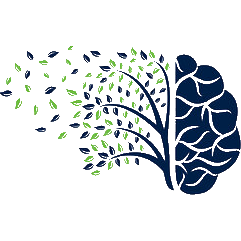

Manic/Hypomanic Episodes: These involve an abnormally elevated mood, increased energy, racing thoughts, and potentially risky behaviors, such as overspending, risky sexual activity, or substance abuse.
Depressive Episodes: These involve feelings of sadness, hopelessness, loss of interest in activities, fatigue, and changes in sleep or appetite.
Mixed Episodes: These involve symptoms of both mania and depression occurring simultaneously.
Diagnosis:Comprehensive Clinical Assessment: This involves a detailed interview with the patient and possibly their family to gather information about their symptoms, mood patterns, and medical history.
Physical Exam and Lab Tests: To rule out any medical conditions that might be causing or contributing to the symptoms.
Mental Health Assessment: A psychiatrist or other mental health professional will assess the individual's thoughts, feelings, and behaviors to determine if they meet the criteria for bipolar disorder.
Mood Charting: Keeping a record of mood fluctuations, sleep patterns, and other relevant factors can help track the course of the condition.
No Biomarkers or Neuroimaging: Currently, there are no specific blood tests or brain scans that can definitively diagnose bipolar disorder.